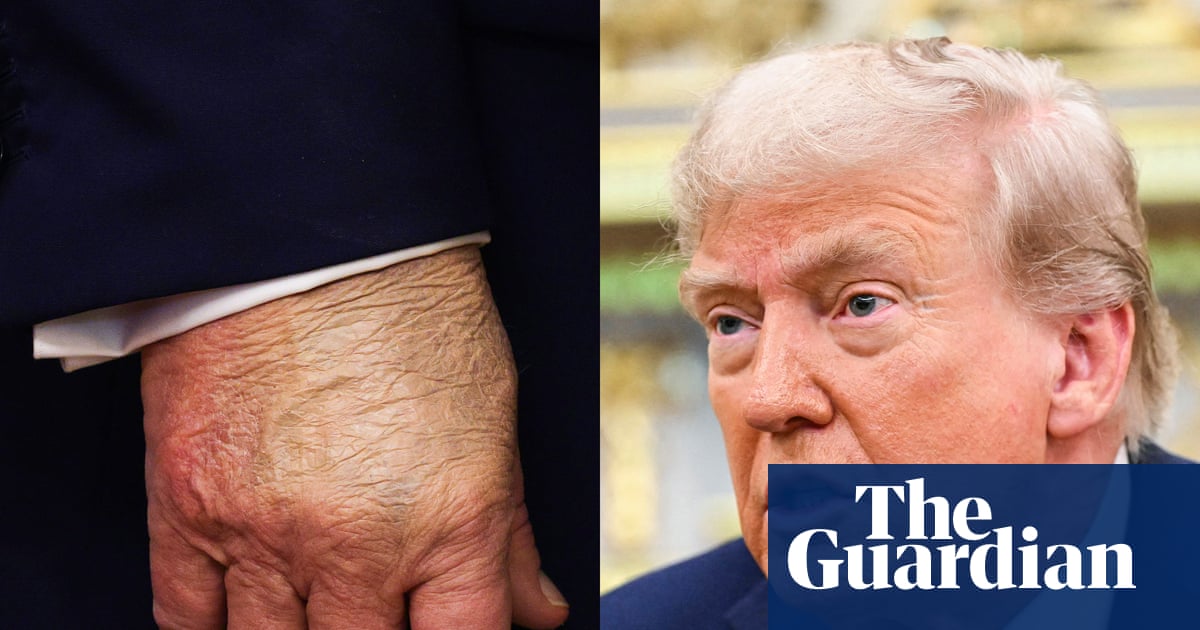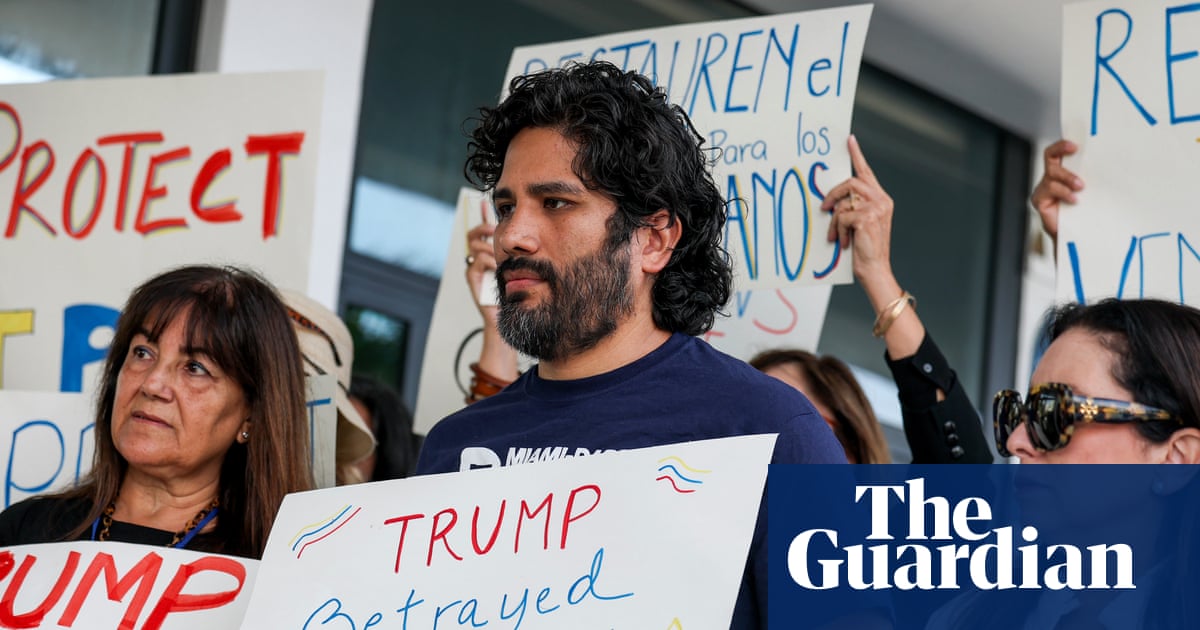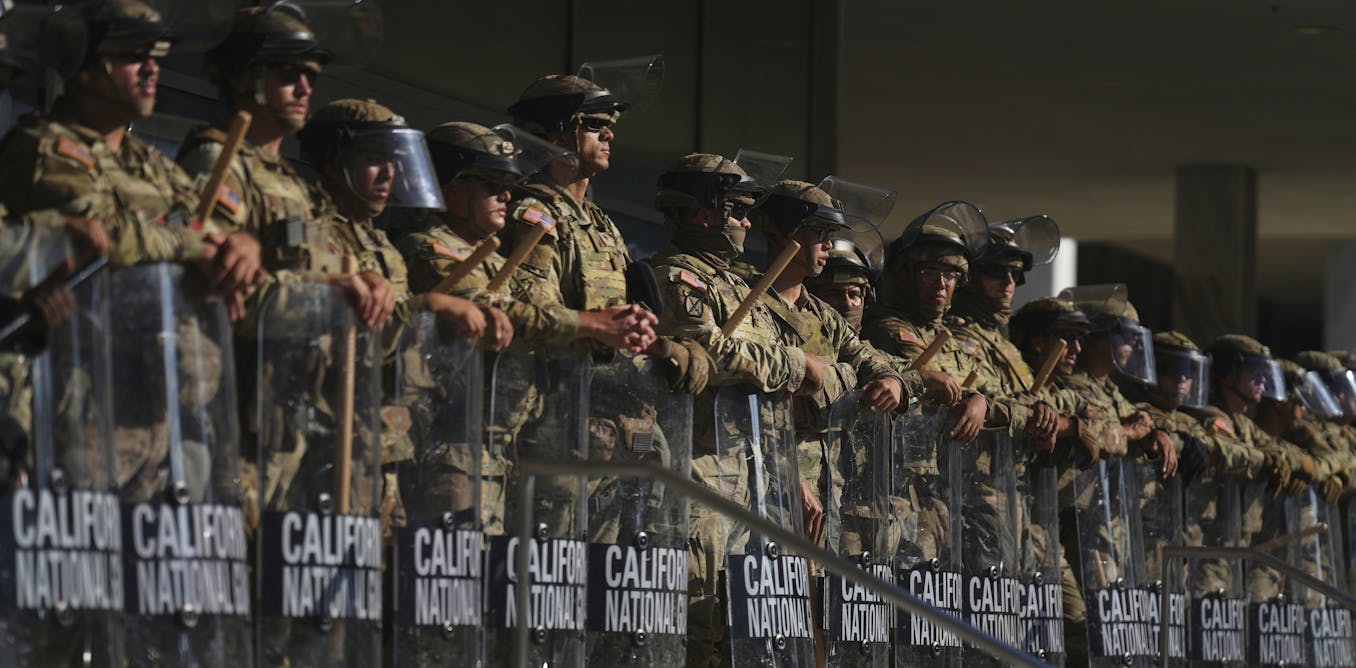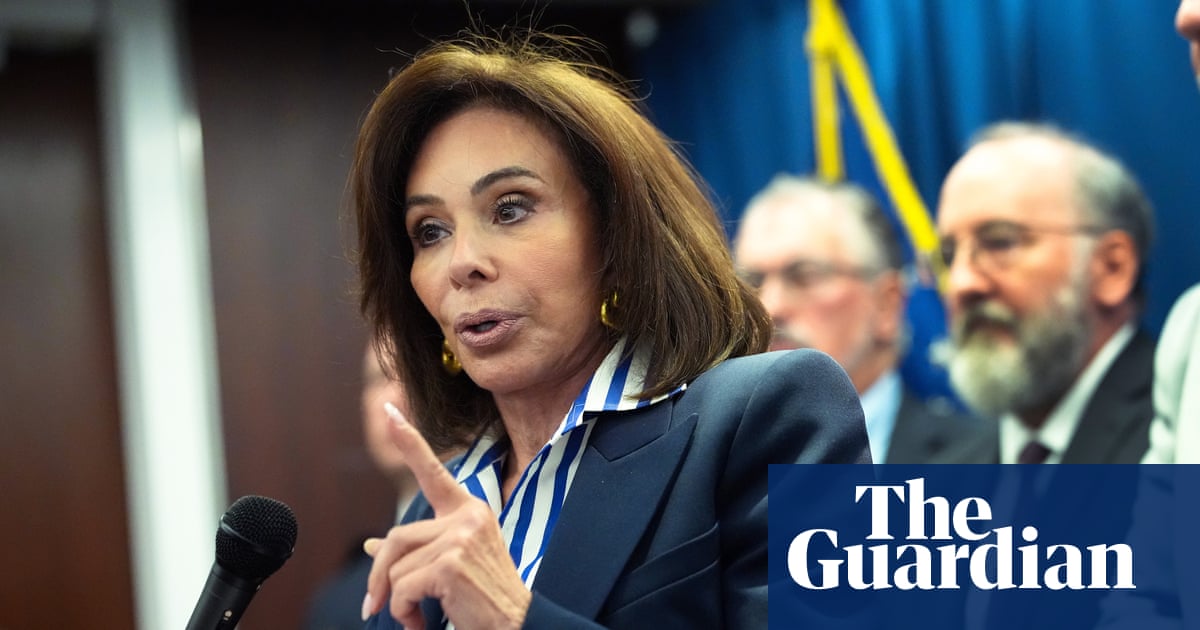William H Webster, the former FBI and CIA director whose troubleshooting skills and integrity helped restore public confidence in those federal agencies, has died, his family announced on Friday. He was 101.
Webster led the FBI from 1978 to 1987 and the CIA from 1987 to 1991, the only person to guide the nation’s top law-enforcement agency and its primary intelligence-gathering organization.
By the time he came to Washington, at age 53, Webster had practiced law for nearly 20 years, had served a stint as a federal prosecutor and had spent almost nine years on the federal bench in his native St Louis. Those who opposed him in court or disagreed with his rulings acknowledged that his honesty was beyond question.
“Every director of the CIA or the FBI should be prepared to resign in the event that he is asked to do something that he knows is wrong,” Webster said after he agreed to lead the spy agency.
Former Republican president George W Bush said in a statement on Friday night that Webster’s “passion for the rule of law and for the greatness of America made him a model public servant”.
Late Democratic president Jimmy Carter selected Webster, a Republican, for a 10-year term as FBI chief as the bureau sought to improve an image tarnished by revelations of domestic spying, internal corruption and other abuses of power. Demanding but fair in his treatment of his agents, he was generally credited with developing the agency’s ability to handle new challenges such as terrorism.
Republican president Ronald Reagan chose Webster to replace CIA chief William J Casey, who had been criticized for being too political, ignoring Congress and playing a part in the arms-for-hostages scandal known as Iran-Contra.
Webster, again in the role of outsider with no political agenda, quickly sought to ease tensions with Congress. He reported regularly on the CIA’s activities to lawmakers charged with intelligence oversight and avoided the appearance of trying to shape policy. Retiring from federal service in 1991, he joined a Washington law firm but still served on a variety of policy-related boards and commissions.
In 2002, the Securities and Exchange Commission (SEC) selected Webster, on a partisan vote, to lead a board created by Congress to oversee the accounting profession in the wake of scandals involving Enron and other corporations.
Before the board’s first meeting, however, Webster resigned amid questions about his role as head of the audit committee of US Technologies, a company itself accused of fraud. The controversy over his role in Webster’s appointment contributed to the resignation of SEC chair Harvey Pitt.

 German (DE)
German (DE)  English (US)
English (US)  Spanish (ES)
Spanish (ES)  French (FR)
French (FR)  Hindi (IN)
Hindi (IN)  Italian (IT)
Italian (IT)  Russian (RU)
Russian (RU)  3 weeks ago
3 weeks ago
























Comments